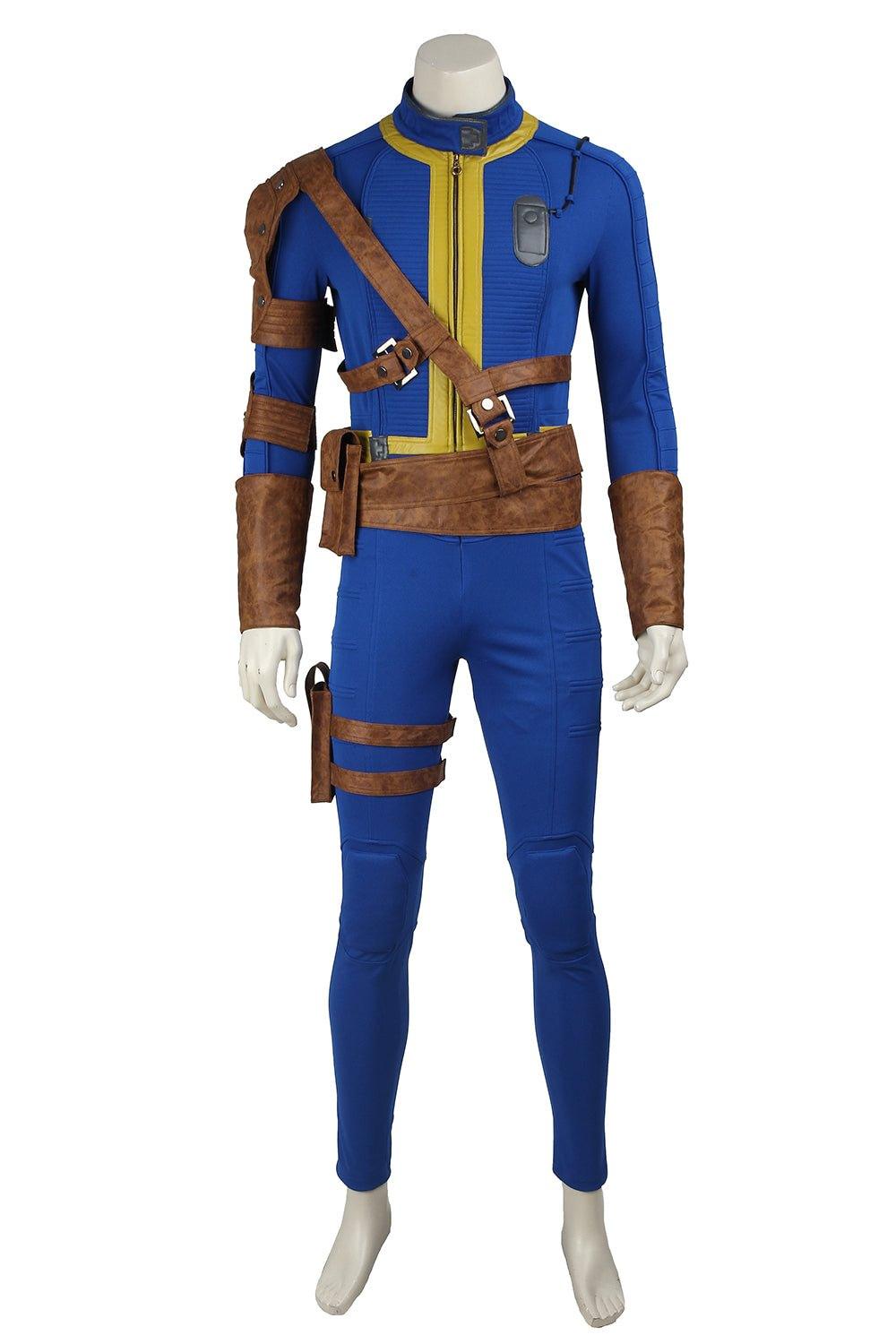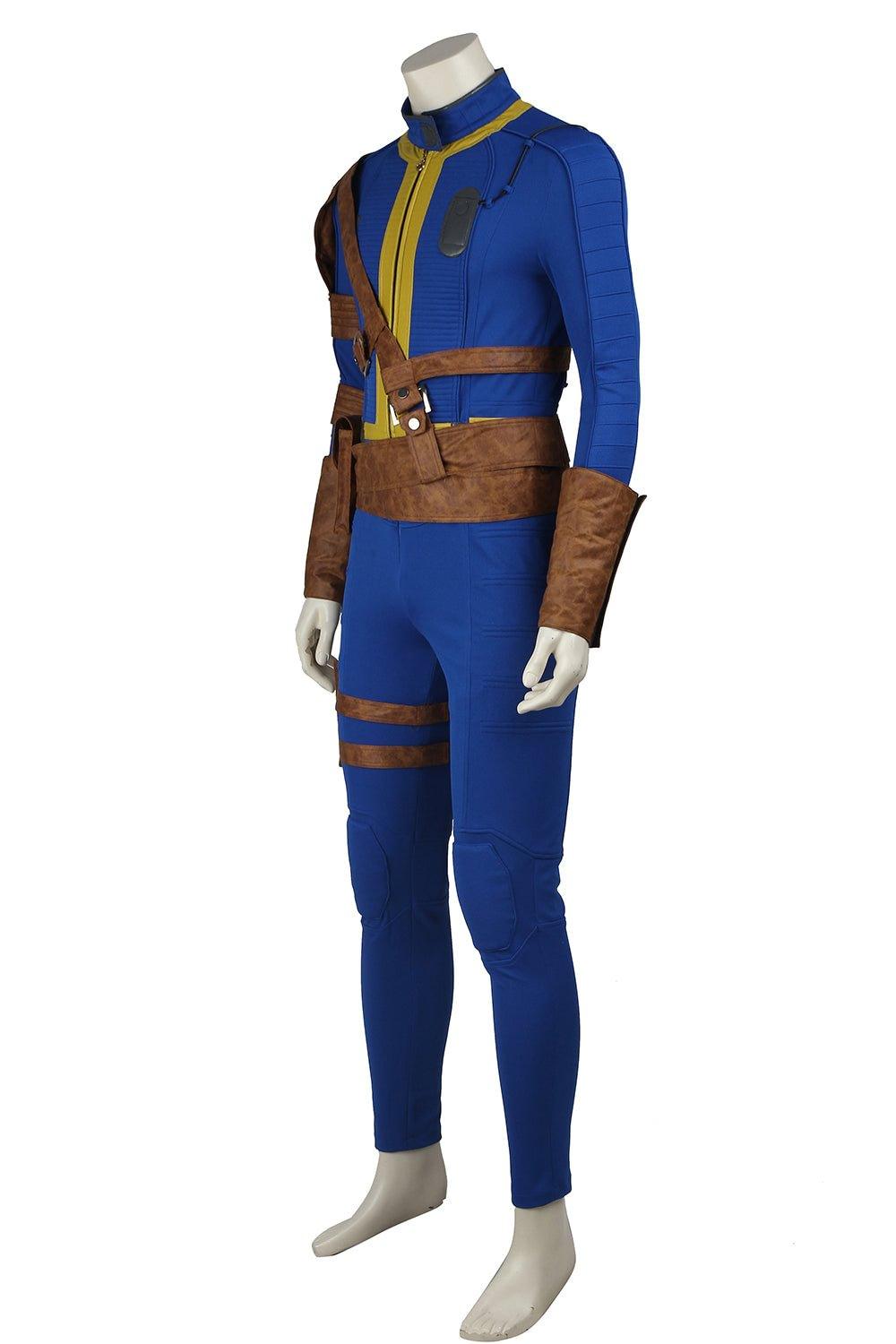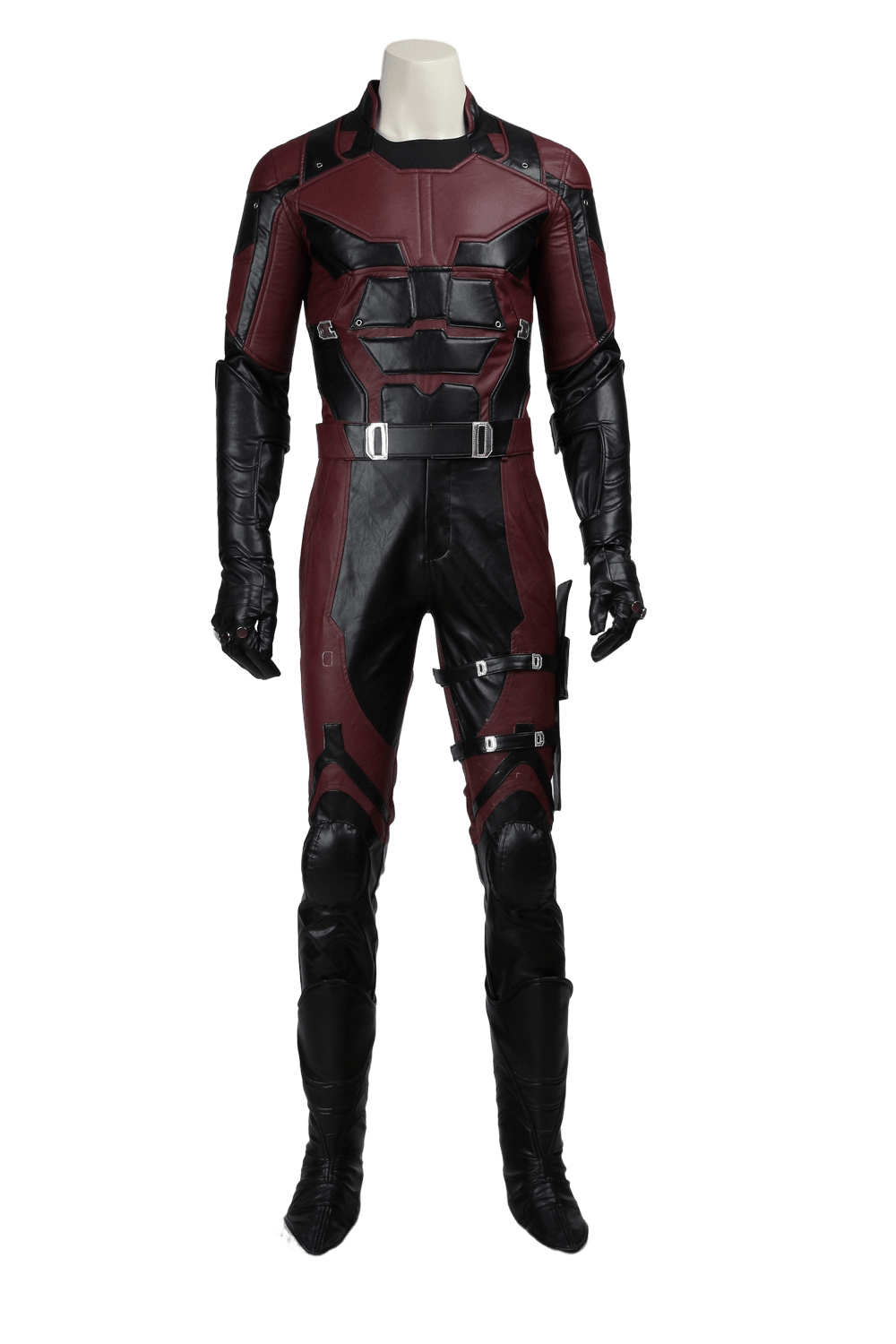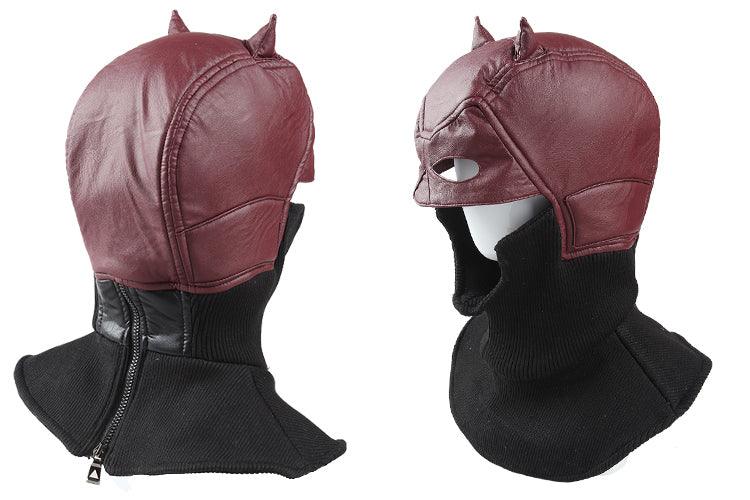The Dark Side of Cosplay: Why Cosplay is Bad
Cosplay, short for "costume play," has become a global phenomenon, with millions of enthusiasts dressing up as their favorite characters from anime, manga, video games, and other media. While it is often celebrated for its creativity, community, and artistic expression, there are significant downsides to this hobby that merit discussion. This essay will explore various negative aspects of cosplay, including sexualization, objectification, cultural appropriation, body shaming, elitism, and the potential for exploitation by commercial entities such as CrazeCosplay.com.
Sexualization and Objectification
One of the most glaring issues within the cosplay community is the rampant sexualization and objectification of cosplayers, particularly women. Characters in anime, manga, and video games are often designed with exaggerated sexual features, which are then replicated in cosplay. This can lead to the objectification of cosplayers, reducing them to mere sexual objects rather than recognizing their skills and creativity.
Objectification of Characters and Cosplayers
Sexualized cosplay can contribute significantly to the objectification of both the characters being portrayed and the cosplayers themselves. This objectification is harmful as it reduces individuals to their physical appearance, ignoring their talents and efforts in costume creation. It also perpetuates harmful stereotypes and can create an unwelcoming environment for those who do not wish to engage in sexualized portrayals.
Distorting the Intent of the Original Work
Many characters are sexualized in ways that are inconsistent with their original portrayal, distorting their personalities, motivations, and relationships. This misrepresentation can spread misinformation among fans who are not familiar with the source material, further perpetuating the cycle of objectification and misunderstanding.
Undermining Cosplay as Art
Cosplay is an art form that requires creativity, craftsmanship, and storytelling. However, the focus on sexualized portrayals can undermine the recognition of cosplay as a legitimate form of artistic expression. This can lead to a perception that cosplay is solely about appearance, rather than the intricate skills and dedication required to bring a character to life.
Cultural Appropriation and Misrepresentation
Cultural appropriation is another significant issue within the cosplay community. This occurs when individuals from one culture adopt elements of another culture, often without understanding or respecting their significance. This can perpetuate stereotypes and disrespect the cultural heritage of others.
Cultural Appropriation
Cosplayers who appropriate cultural symbols or wear traditional attire from cultures they are not a part of can face backlash for perpetuating stereotypes and disrespecting the cultural heritage of others. This can lead to negative reactions and debates about the implications of these portrayals on the broader community and the perception of cosplay as a whole.
Accuracy vs. Creativity
Debates about accuracy versus creativity can also lead to negative reactions. Some cosplayers prioritize reproducing a character's look exactly, while others may take artistic liberties to create unique interpretations. This can lead to disagreements and debates about the "correct" way to cosplay a character and whether altering certain elements is disrespectful to the source material.
Body Shaming and Bullying
Body shaming and bullying are pervasive issues within the cosplay community. Cosplayers, especially those who do not match the perceived physical attributes of a character, may face criticism about their appearance. This can lead to hurtful comments, exclusion, and even mental health issues.
Body Shaming
Cosplayers who are considered to be "too fat" or "too black" are often taunted and body-shamed by non-cosplayers and, sometimes, even cosplayers themselves. This can lead to a toxic environment where individuals feel excluded and unappreciated.
Bullying
Cyberbullying through social media platforms has exacerbated these problems, impacting cosplayers' self-esteem and enjoyment. This can lead to negative reactions and debates about the implications of these portrayals on the broader community and the perception of cosplay as a whole.
Gatekeeping and Elitism
Gatekeeping and elitism are also prevalent issues within the cosplay community. Some members of the community attempt to exclude or belittle others based on their perceived level of dedication or authenticity. This elitist behavior undermines the inclusive and supportive nature of cosplay, discouraging newcomers or those who may not have extensive resources or experience.
Gatekeeping
Gatekeeping, where some members of the community attempt to exclude or belittle others based on their perceived level of dedication or authenticity, is another source of controversy. This elitist behavior undermines the inclusive and supportive nature of cosplay, discouraging newcomers or those who may not have extensive resources or experience.
Elitism
Elitism can also lead to negative reactions and debates about the implications of these portrayals on the broader community and the perception of cosplay as a whole. This can lead to a toxic environment where individuals feel excluded and unappreciated.
Commercial Exploitation
Commercial entities such as CrazeCosplay.com have capitalized on the popularity of cosplay, often at the expense of the community's values and integrity. While these sites offer convenient access to costumes and accessories, they also pose several risks.
Quality Concerns
The quality of products from these sites can vary. While some customers may be satisfied, others have reported issues with product quality or accuracy compared to advertised images. This can lead to disappointment and frustration among cosplayers who have invested time and money into their costumes.
Customer Service Issues
Reviews suggest that customer service experiences can be inconsistent. Some customers have reported difficulties in communication or resolving issues. This can lead to negative experiences and a lack of trust in the company.
Shipping and Delivery Problems
As with many online retailers, shipping times and costs can vary. Be sure to check the estimated delivery times before placing an order, especially if you need the costume for a specific event. This can lead to disappointment and frustration among cosplayers who have invested time and money into their costumes.
Legal Issues and Copyright Infringement
The future of cosplay could be fraught with legal issues, particularly concerning copyright infringement. In 2021, the Japanese government planned to impose a major copyright law on people who earn money from cosplaying. This could significantly impact professional cosplayers who sell prints or get hired for events, as they might start paying the government for permission to use these characters.
Copyright Infringement
The new set of rules might draw the line and solve the long-time debate of whether cosplaying is a form of copyright infringement, especially with the idea of dressing up exactly like certain characters without even asking for the creator or the publisher’s permission. This could lead to a loss of freedom and creativity within the cosplay community.
Sexual Harassment and Toxic Culture
Sexual harassment is a pervasive issue within the cosplay community. Nerd culture has always been plagued by the negative stereotype of the "gamer guy" – the asocial archetype that shuns human interaction and values fantasy over interpersonal relationships. This stereotype can lead to a toxic environment where cosplayers, particularly women, are often the targets of sexual harassment.
Sexual Harassment
Cosplayers everywhere are often the targets of sexual harassment, including in Ireland. This can lead to a toxic environment where individuals feel excluded and unappreciated.
Toxic Culture
Websites such as 4Chan are notorious for the toxic sexual cultures they often provide a home to. The behaviors and impulses they house can make their way into real life too. This can lead to a toxic environment where individuals feel excluded and unappreciated.
Conclusion
While cosplay can be a fun and creative hobby, it is essential to recognize and address its darker aspects. Sexualization, objectification, cultural appropriation, body shaming, elitism, commercial exploitation, legal issues, and sexual harassment are all significant problems within the cosplay community. By promoting respectful and inclusive portrayals, cosplayers can contribute to a community that values creativity, representation, and the true essence of characters. It is crucial for the cosplay community to address these issues and work towards creating a more inclusive and supportive environment for all its members.















